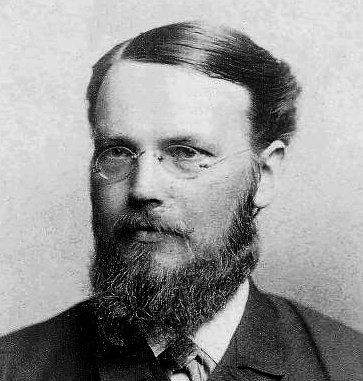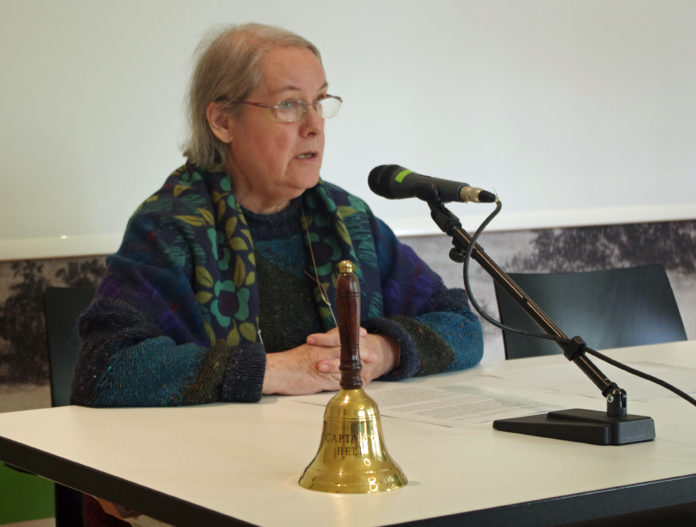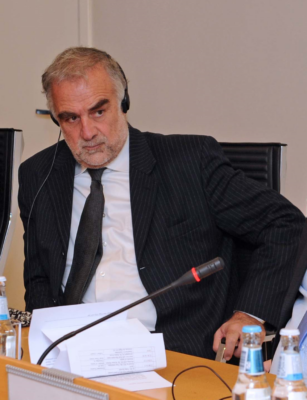A century ago, when the Young Turk regime committed genocide against the Armenians and other Christian minorities, Germany, its wartime ally, could have intervened, but did not. Single individuals, like Johannes Lepsius, Consul Walter Rössler, and General Liman von Sanders, to name a few, did what they could to protect the targeted groups. When the German Ambassador in Constantinople in late 1915 wrote to Berlin urging government action to stop the persecution and massacres, Imperial Chancellor Theobald von Bethmann Hollweg replied, “Our only aim is to keep Turkey on our side until the end of the war, no matter whether as a result Armenians do perish or not.” In 2016 the German Bundestag (Parliament) passed a resolution on genocide recognition, and the issue of historical responsibility pervaded the debate. Several members quoted Bethmann Hollweg’s infamous remark, to warn against repetition of such complicity by inaction.
Now, as the Azerbaijani blockade threatens genocide in Nagorno-Karabakh, the question is again on the agenda: where does Germany stand? Now, as then, prominent individuals, human rights lawyers, civil society groups, historians, and some press organs are speaking out, organizing demonstrations, and issuing calls to the government to act before it is too late. The government in Berlin, to date, has not gone beyond expressions of concern and support for negotiations between Armenia and Azerbaijan.

Informing the Public
Throughout July, coverage of the Karabakh crisis in Germany’s major press was generally scanty and non-committal, presenting “both sides” of the conflict, and carefully avoiding any reference to genocide. Some national media acknowledged the gravity of the crisis; on August 10, Die Zeit ran a piece, “Forgotten by the World,” and Junge Welt reported about an “Exclave Starved.” As soon as the expert opinion of former International Criminal Court Prosecutor Luis Moreno Ocampo was released on August 9, the international press picked up the news of a genocide threat. In Germany, most national newspapers and media reported it objectively.
Human rights advocate and genocide scholar Tessa Hofmann, whose interview with Orbeli Analytical Research Center was published in the Mirror-Spectator last week, was called on for her analysis. Neues Deutschland carried a major article on August 18 entitled, “Nagorno-Karabakh: Genocide in the Caucasus,” which began with a straightforward characterization of Ocampo’s conclusions: “The Dictator of Azerbaijan, Ilham Aliyev, is acting with genocidal intentions.”
Speaking to author Melanie M. Klimmer, Eastern Europe expert Hofmann provided statistics of malnutrition among pregnant women, deaths of premature babies, as well as details on lack of fuel. Despite the appeals by Artsakh President Arayik Harutyunyan, who characterized the situation as a “concentration camp,” Hofmann went on, there are no sanctions threatening the Baku regime, “since the country has become more important than ever for the EU as energy provider in the shadow of the Ukraine war.” Dr. Gerayer Koutcharian, co-founder with Hofmann of the human rights group AGA, was also asked for comment and called for EU sanctions against Azerbaijan as well as an ICC investigation of the matter.









